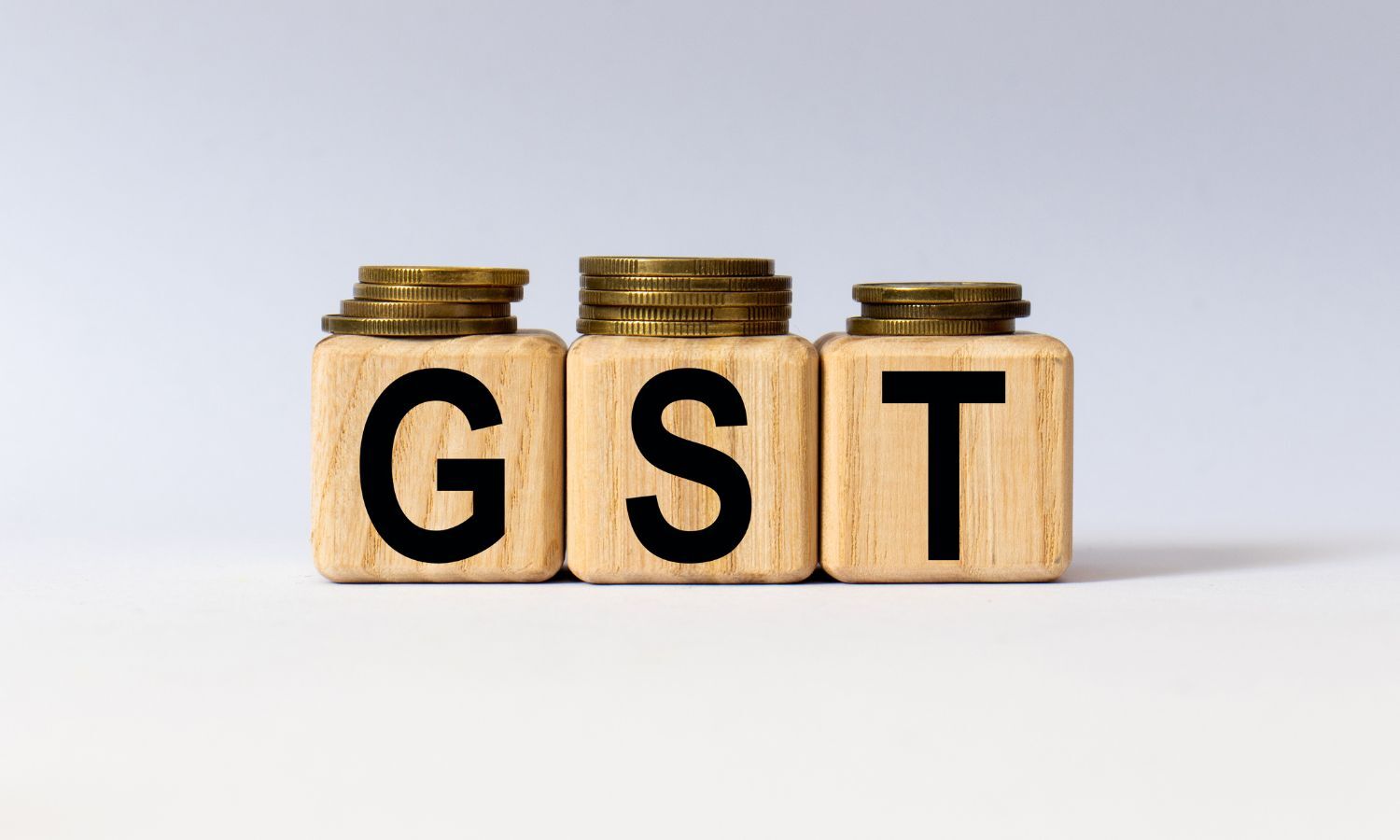
GST Day: 4 years since rollout of tax reform, India to prize timely returns
India marks the fourth anniversary of the Goods and Services Tax (GST) on Thursday. The date of July 1 has been designated by the central government as 'GST Day', observed every year to mark the roll-out of the historic tax reform. This year on GST day, the Union ministry of finance will issue certificates of appreciation to over 54,000 GST payers for timely filing of returns and a cash payment of the tax, finance minister Nirmala Sitharaman said on Wednesday.
The Goods and Services Tax (GST) is an indirect, multi-stage, comprehensive tax in India, imposed on the supply of goods and services. On roll-out, GST subsumed almost all the other domestic indirect taxes (petroleum, alcoholic beverages, and stamp duty are the major exceptions) in the country under one head, and is perhaps the biggest tax reform in the history of independent India. The GST is imposed at every step of the production process but is collected from the point of consumption, refunding all parties eventually other than the final consumer.
GST revenue collection in India has remained over the ₹100,000 crore-mark for eight months in a row with as much as ₹102,702 collected in the month of May alone, the Union ministry of finance had said earlier last month. This is despite the fact that several states continued to remain under strict coronavirus disease (Covid-19)-imposed lockdown, the government said.
Owing to the Covid-19 pandemic, the GST council had temporarily removed the tax on two medicines last month. It also slashed the tax rates on 15 other items such as drugs, medical-grade oxygen, and testing kits to 5%, and reduced the levy on ambulances to 12% for a little over three-and-a-half months to help individuals and governments fight Covid-19 and its fallout.
It remains to be seen, however, how the Covid-19 pandemic and the resulting fiscal tensions continue to affect GST's future trajectory, especially since India is facing an increase in inequality and deterioration in the quality of employment. Experts predict that this will generate additional headwinds for direct tax collections, increase the temptation to exploit the indirect tax route, not unlike what is happening with taxes on fuel.
Source: Hindustan Times






